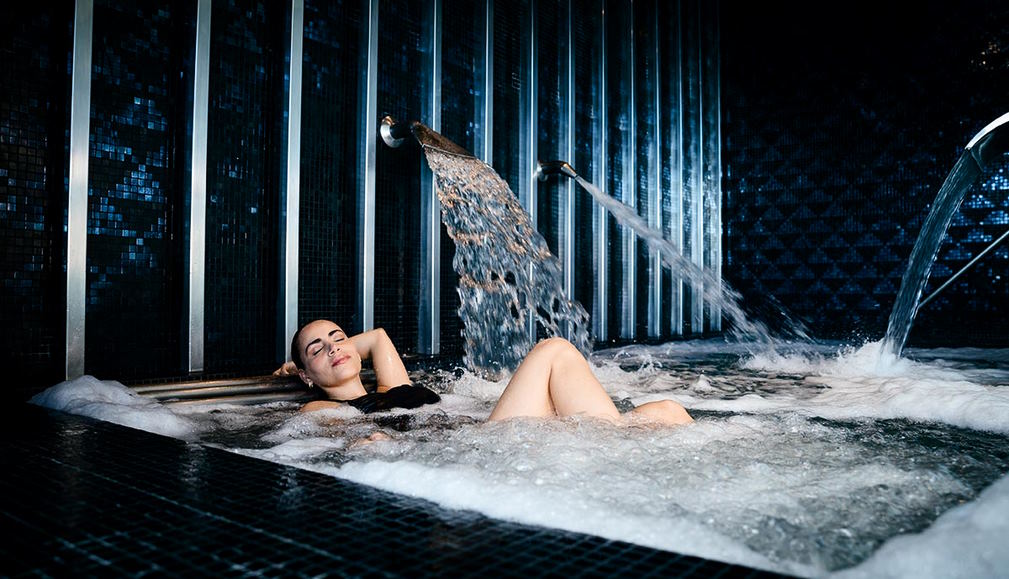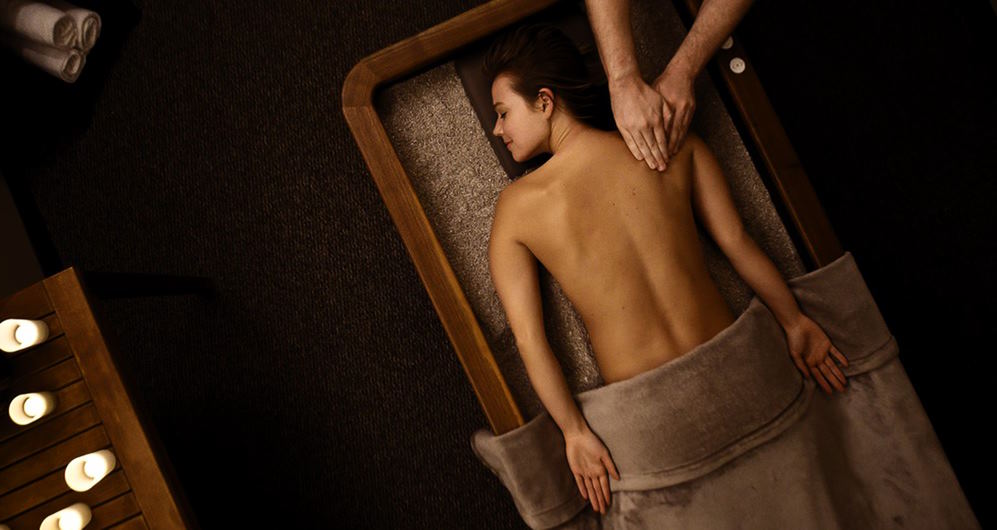Whether it’s soaking in a hot bath after a long day or swimming laps in a pool, water has a unique ability to soothe and heal our bodies. Hydrotherapy takes this concept to the next level, using water as a therapeutic tool for a variety of health conditions. From arthritis to cardiovascular disease, hydrotherapy has been shown to provide relief and improve quality of life for many individuals. With numerous forms of hydrotherapy available, it’s important to understand the benefits and precautions of each method.
Benefits of Hydrotherapy
In addition to pain relief, hydrotherapy can also improve blood circulation. The warm water used in hydrotherapy causes the blood vessels to dilate, allowing for improved blood flow and oxygen delivery to the body’s tissues. This increased circulation can help speed up the healing process and promote overall health.
Another significant benefit of hydrotherapy is stress relief. Immersing oneself in warm water can help to relax the muscles and reduce tension, leading to decreased stress levels. Additionally, the sound and sensation of water can have a calming effect on the mind, providing a meditative and therapeutic experience.
Hydrotherapy can also improve joint flexibility and increase mobility. The buoyancy of water reduces the impact of gravity on the body, allowing for easier movement and less stress on the joints. This makes hydrotherapy an excellent option for those with conditions such as osteoarthritis or post-surgery rehabilitation.
Finally, hydrotherapy can lead to improved sleep quality. The relaxation and stress-reducing benefits of hydrotherapy can help to promote restful and rejuvenating sleep. Additionally, the increased circulation and release of endorphins can leave you feeling energized and refreshed.

Types of Hydrotherapeutic Treatments
Hydrotherapy encompasses a wide range of treatments that utilize water to promote healing and wellness. Here are some of the most common types of hydrotherapeutic treatments:
- Hot and cold water therapy involves alternating between hot and cold water to improve blood circulation and reduce inflammation. This can include immersing oneself in a hot tub or cold plunge pool, or using hot and cold compresses on the affected areas.
- Steam baths and saunas use hot, humid air to help detoxify the body and promote relaxation. These treatments can be particularly beneficial for respiratory conditions such as asthma and allergies.
- Aquatic massage and stretching involve the use of water to facilitate massage and stretching techniques. This can include both manual techniques performed by a therapist, as well as automated systems that provide water jets or bubbles to target specific areas of the body.
- Contrast hydrotherapy involves alternating between hot and cold water to stimulate blood flow and improve circulation. This can be achieved through a variety of methods, such as hot and cold compresses, or immersion in alternating hot and cold baths.
Precautions and Considerations for Hydrotherapy
While hydrotherapy can be a safe and effective treatment for many people, it is important to take certain precautions and considerations into account before starting any hydrotherapy regimen. Here are some of the key factors to keep in mind:
Consultation with a healthcare provider before starting hydrotherapy is recommended, especially if you have any underlying medical conditions or concerns. Your healthcare provider can help you determine whether hydrotherapy is right for you and offer guidance on specific treatments that may be most effective.
Proper supervision and safety measures are crucial when engaging in hydrotherapy. Always ensure that you are using the equipment correctly and that you have adequate supervision if necessary. This is particularly important for those with limited mobility or balance issues.
The temperature and duration of treatment should be carefully considered. While warm water can be beneficial for many people, excessive heat can be dangerous, especially for those with certain medical conditions. It is important to follow guidelines for temperature and duration provided by your healthcare provider or the facility offering hydrotherapy treatments.
Certain medical conditions may be contraindicated for hydrotherapy, including open wounds, infectious skin conditions, and acute injuries. It is important to inform your healthcare provider of any medical conditions you have and to follow their guidance regarding whether hydrotherapy is safe for you.


